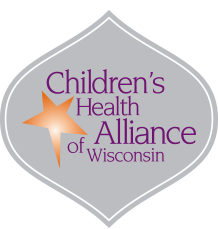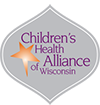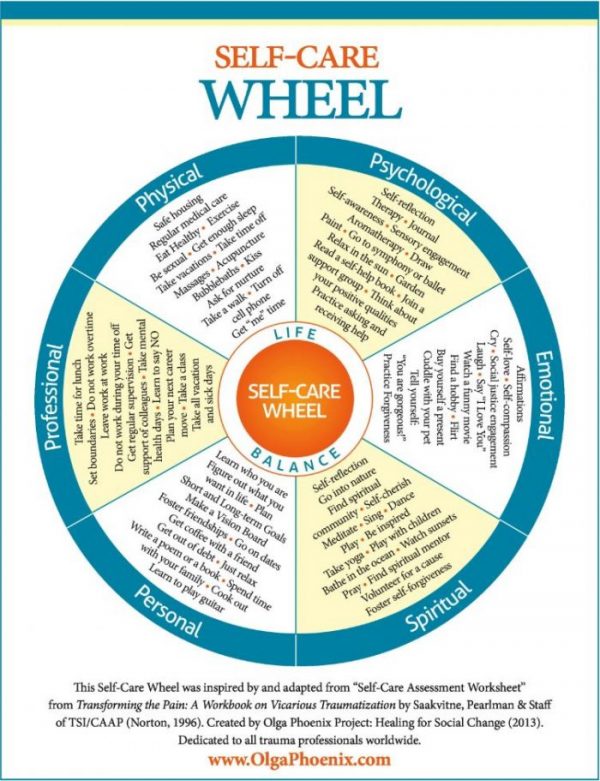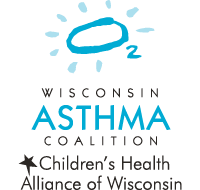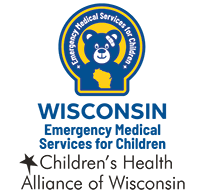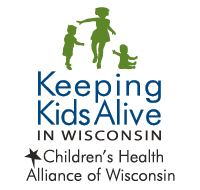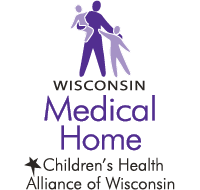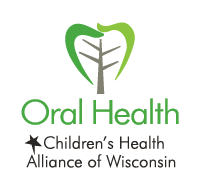Helping Grieving Families
Resources to help you help others
Working with a family after the death of their precious child, and sharing in that heartbreak, is challenging and can be triggering to you; the professional trying to help. Having a few tools to take care of both the family and yourself during your journey of grief together is essential.
Tools for helping
Journey of Grief for the Professional
Use this document to learn the four tasks of mourning that must be accomplished in order to live and continue to work effectively with a family’s loss and grief.
Star Legacy Foundation: Wisconsin Center for Stillbirth and Infant Death
Visit this website for more resources and to make a referral for help after infant loss.
What to Say – What Not to Say
Learn to speak the language of grief.
Working with Families – The Do’s and Don’ts
This document will walk you through the do’s and don’ts when working with families.
Care for the caregiver
Bereavement Caregiver Burnout Survey
Take this self-assessment to see if you’re on the path to caregiver burnout. Then read Dr. Alan Wolfelt’s practical guidelines for caring for yourself.
Self-Care Wheel
The self-care wheel illustrates six aspects of life balance. Use the ideas in each segment to improve your self-care.
What About You: Self-Care for Caregivers
Use this workbook to learn how to identify, measure and manage stress.
Self-Care
Reviewing child deaths is a key step in developing injury prevention efforts. However, this work can take a toll, both mentally and physically. It’s important to be aware of how your work impacts you and to take action to find balance in your life.
Contact Our Staff
Karen Nash, MBA
Program Leader
(414) 337-4567
knash@childrenswi.org
Natasha Horst, MPH
Data Program Manager
(414) 337-4568
nhorst@childrenswi.org
Joanna O’Donnell, GC-C
Program Manager
(414) 337-4571
jodonnell@childrenswi.org
Sign Up for Our Newsletter
Keeping Kids Alive Connection: News for Your Review
Connection to a wide range of resources providing guidance and support, to ensure teams can conduct effective review meetings.
Keeping Kids Alive in Wisconsin is funded in part by the Wisconsin Department of Health Services, Division of Public, MCH Title V Services Block grant through the Health Resources and Services Administration, Department of Health and Human Services.
